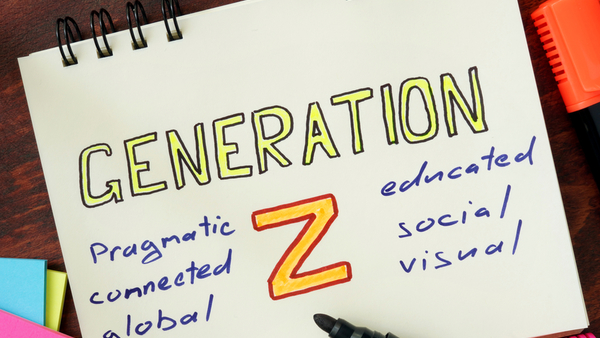 While 62 percent of Gen Z say that hard skills have changed faster than ever and are more important than soft skills, L&D leaders believe that soft skills are more important. (Photo: iStock)
While 62 percent of Gen Z say that hard skills have changed faster than ever and are more important than soft skills, L&D leaders believe that soft skills are more important. (Photo: iStock)
As employer and employees alike adapt to the ever-evolving work world, there's a corresponding shift in needed job skills—and Gen Zers are keen to learn them, according to a recent LinkedIn survey of more than 2,000 workers born between 1995 and 2010, as well as a second survey of 400 learning and HR professionals.
Nearly all (91 percent) of the L&D leaders who responded to the second survey say that the skills necessary for today's workforce have changed, and three-quarters (76 percent) of Gen Z professionals agree that the skills necessary in today's workforce are different from the skills necessary in past generations. In fact, the majority (59 percent) of Gen Zers don't feel their job will exist in the same form 20 years from now.
Related: Corporate trainers look to gamification to train Gen Z workers
But they are definitely willing to do what it takes to learn new skills, according to LinkedIn's Gen Z survey. More than half (59 percent) would learn professional skills to make more money, and 46 percent they would learn in order to get a promotion.
The caveat: Gen Zers want to learn on their own terms and prefer bite-sized learning.
“As native internet users, Gen Z are used to fast-moving technology and immediate gratification, and as noted in our research Gen Z feel like time is scarce,” LinkedIn writes. “As such, L&D and HR leaders may want to consider investing in micro-learning, known for quickly closing skill and knowledge gaps, to fit into the busy lives of Gen Z.”
One disconnect that needs to be remedied: while 62 percent of Gen Z say that hard skills have changed faster than ever and are more important than soft skills, L&D leaders believe that soft skills are more important. As such, Gen Zers might need extra support for the development of soft skills, a majority of HR professionals believe.
HRDive agrees that employers will likely need to make soft-skills a training priority for Gen Zers, particularly to foster greater collaboration with their colleagues.
“Teamwork requires focused communication between team members,” HRDive writes. “Making the transition from sending swift, abbreviated electronic messages without details to friends and family members to sharing detailed, work-related information with colleagues could be a difficult transition for Gen Zers.”
© Touchpoint Markets, All Rights Reserved. Request academic re-use from www.copyright.com. All other uses, submit a request to [email protected]. For more inforrmation visit Asset & Logo Licensing.







